Product Certifications for CBD Manufacturers
Summarize
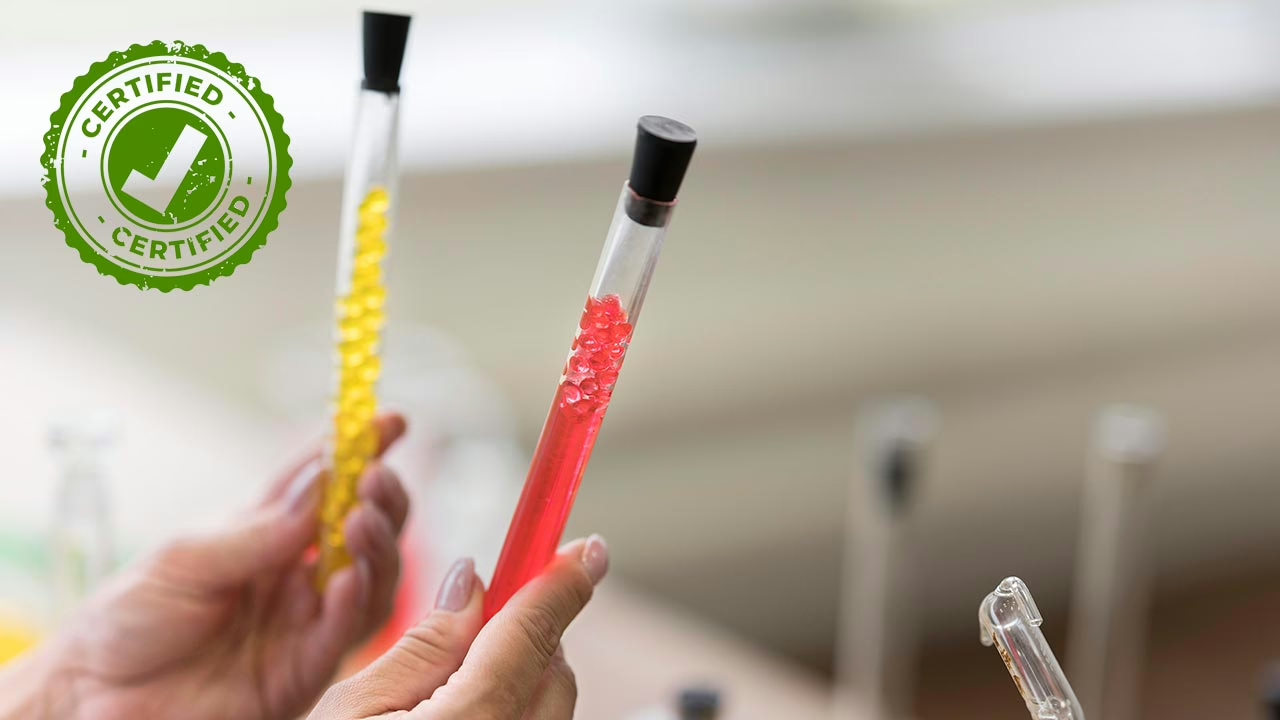
CBD certifications provide consumers assurance a CBD product meets legal and quality standards and validates potency and purity. It is a way to help verify which products reliable CBD vendors sell. The CBD certifications also help consumers select products that meet their preferences, like certified as kosher, organic, or for sport, and verify the manufacturer met standards for producing quality products free of potentially toxic ingredients. These certifications are essential in an expanding, unregulated CBD market.
When shopping for CBD products, one of the first things you will notice when assessing how much edibles cost is the wide range in prices. The prices for gummies vary by manufacturer and are driven by their potency, bottle size, ingredients and spectrum, to name a few. However, the cost per count or 1 mg of CBD is a good way to compare different brands because they are equivalent. You want to purchase affordable CBD gummies or other edibles that meet your needs and budget without overpaying. Learning how to compare prices can help you save money on CBD gummies and edibles.
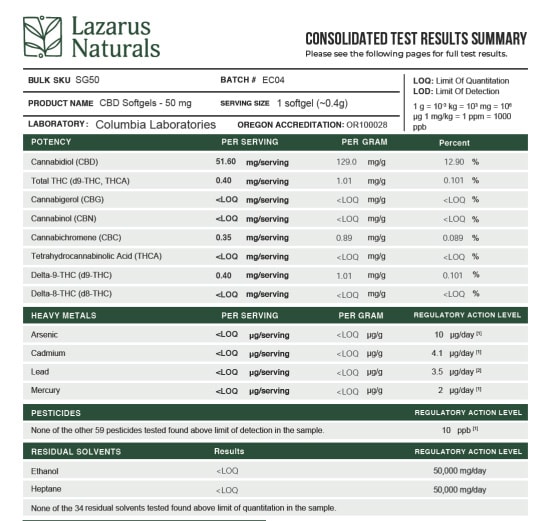
TL;DR:
CBD certifications are more than just seals on products. They guide you in understanding product features like CBD potency, cannabinoid content, ingredients, manufacturing processes, and hemp cultivation practices.
They include Good Manufacturing Practices (GMP), U.S. Hemp Authority Certification, Kosher certification and organic or vegan certification, among others. These certifications are helpful guides during the CBD buying process.
Table of Contents
Types of Certifications for CBD Manufacturers
Obtaining a CBD certification is no easy feat. There are numerous types of certifications for CBD manufacturers, and they all require adherence to stringent quality assurance procedures before companies are allowed to claim the certification. CBD accreditation lets consumers know the product is tested for specific features, increasing their confidence before purchase.
1. Good Manufacturing Practices (GMP) Certification
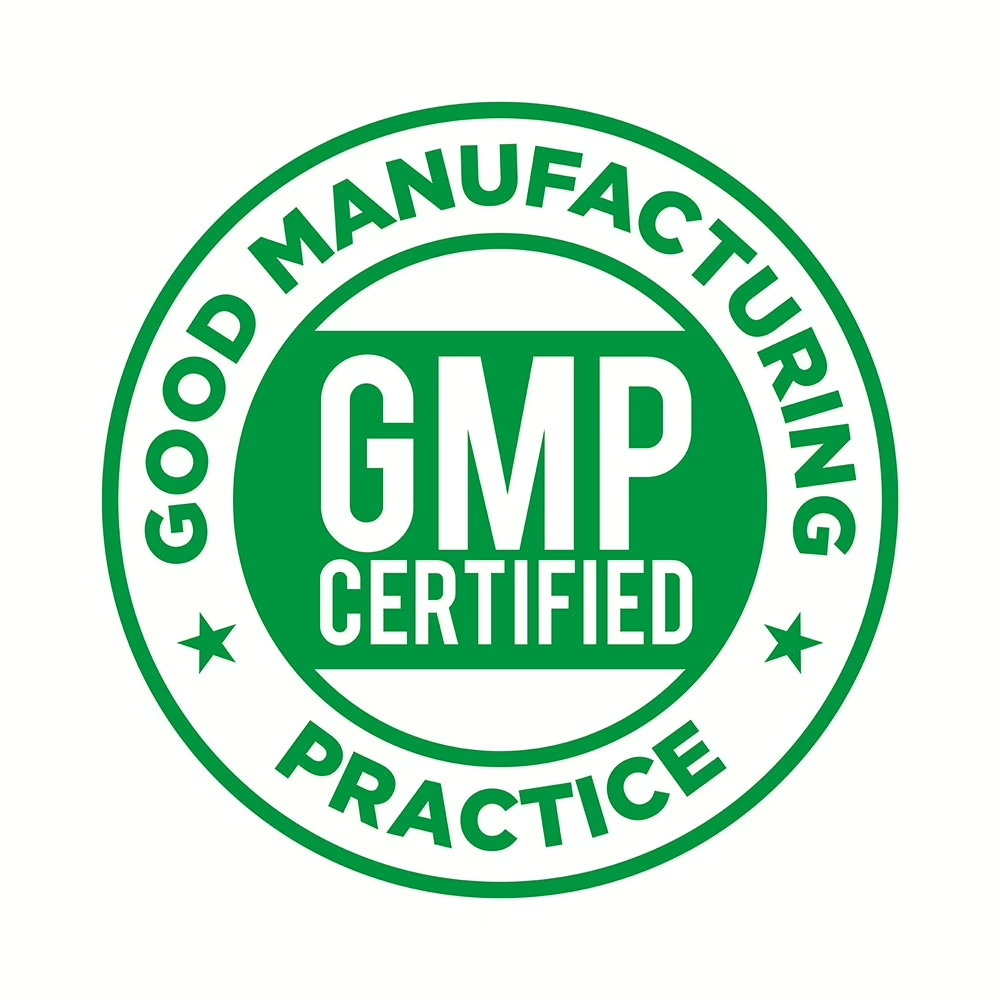
The NSF certifies hemp and CBD products to four standards:
- Dietary Supplements Contents Certified (NSF/ANSI 173)
- Functional Foods (NSF 229)
- NSF Certified for Sport (NSF 306)
- Personal Care Contents Certified (includes cosmetics) (NSF 527)
GMP CBD products have earned GMP Certification by proving they do not contain unacceptable contaminant levels like residual solvents and meet THC levels as defined by law and as stated on the label. GMP Certification also means the NSF has verified the validity of product label claims. The NSF GMP Certification is proof the brand is using industry best practices.
2. U.S. Hemp Authority® Certification
The U.S. Hemp Authority created quality control standards for hemp and CBD growers and products. Adherence to the standards is verified through third-party auditing. The audit process verifies compliance with the following:
- ISO Quality Standards
- Quality Management Systems
- Current Good Manufacturing Practices
- Standard Operating Procedures
- Hemp Farming Practices
- Code of Federal Regulations
Once compliance with standards is verified, the company is awarded U.S. Hemp Authority Certification. Recently, the U.S. Hemp Authority added the Adult Use Hemp Product Certification Program, which uses the USHA certification as the baseline standard but adds additional requirements in areas that include:
- Ensuring minors cannot access the products due to using child-resistant packaging and implementing age verification procedures at the point of sale.
- GMPs are employed.
- Truthful and standardized labeling that adds compliance with ASTM standards for label style, format and contents.
- Meets FDA requirements for dietary supplements, food and beverages.
3. ISO 9001 Certification
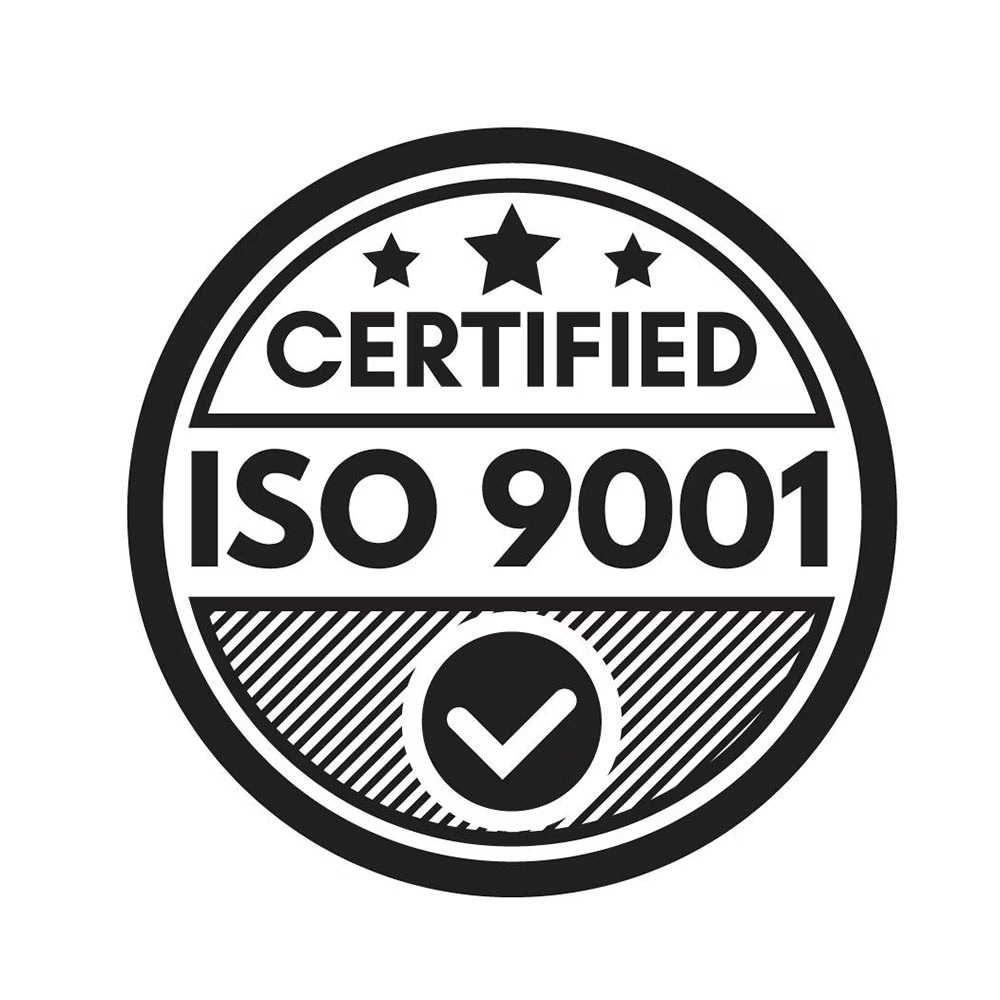
ISO 9001 is an international standard for operating a quality management system. Through an audit, this certification for CBD manufacturers assesses vendor quality risks and identifies how vendor quality controls should be structured. The intent is that a CBD manufacturer buying outsourced raw materials and ingredients has proof that a vendor has a quality system, ensuring the manufacturer’s high-quality CBD products. ISO 9001 Certification for CBD products was developed because there are no industry-specific standards.
4. Organic Certification
The U.S. Department of Agriculture (USDA) established standards for crops, livestock, processed products and wild crops, which a USDA-accredited certifying agent verifies. USDA Certified Organic CBD seals are awarded to brands based on grading in four categories in the CBD industry.
- Hemp farming and organic certification
- Processing
- Testing and auditing
- Transparency
Obtaining this certification is not easy. Farmers cannot use synthetic fertilizers, pesticides or herbicides to cultivate hemp. They must also use tillage and cultivation practices that maintain or improve soil conditions and minimize erosion.
Companies must use specific CBD extraction processes and USDA Organic Certified ingredients to earn organic certification for CBD oils. An organic CBD product uses U.S.-grown, USDA Certified Organic Hemp, an extraction method that does not use solvents and organic carrier oils and botanicals. The products also undergo third-party lab testing to verify potency, purity and efficacy.
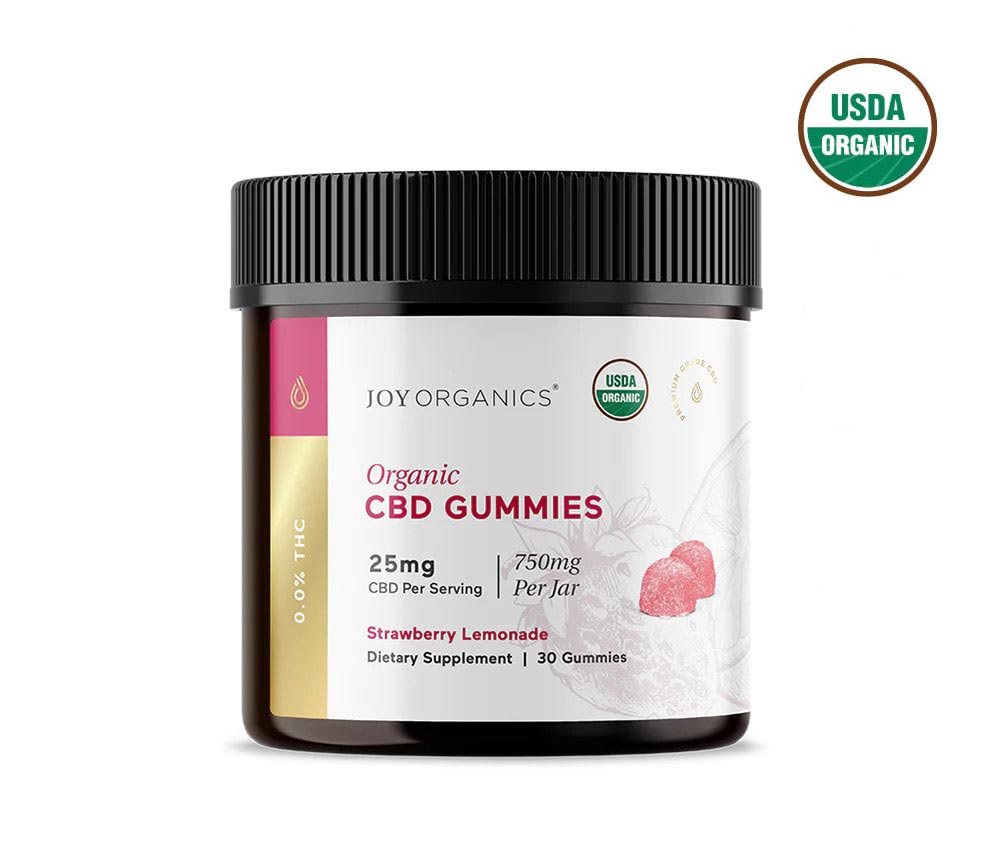
5. Kosher Certification
There are multiple Kosher Certification agencies. Kosher means ingredients and production processes meet kosher laws based on the Bible and Jewish traditions. All ingredients must be kosher for a CBD product to be Kosher certified. Kosher Certification indicates a rabbinic Agency has verified the product’s ingredients, production facilities and production processes have no non-kosher substances. Even tools and machinery inspections and the facility are included in audits. Throughout the year, follow-up visits are conducted to ensure everything remains kosher.
6. Halal Certification
Halal Certification is awarded to CBD products adhering to Islamic dietary guidelines and laws. It indicates the product is free from “haram” or forbidden ingredients like alcohol and THC. CBD products must contain all-natural ingredients. A recognized Islamic certification body conducts the audit and issues the Halal Certificate, indicating Muslims can consume or use the products. The verification process evaluates each ingredient, carrier oil, production process, and material used in the manufacturing facility. The auditor also requires a laboratory analysis of products.
7. Vegan Certification
Some agencies offer Certified Vegan audits and seals. A vegan product does not contain certain products that include meat, fish, fowl, animal by-products, eggs, milk, honey, insects and more. Any ingredient or process used during manufacturing cannot involve animal products or by-products.
8. Non-GMO Certification
Several organizations offer non-GMO certification. GMO is the acronym for “Genetically Modified Organism.” In the CBD industry, a GMO refers to the hemp plants and other ingredients that have had DNA changed via genetic engineering techniques. Generally, a product must have less than 1% genetically modified ingredients to earn a non-GMO Certification seal.
9. Certificates of Analysis (COA)
Certificates of Analysis (COA) are crucial documents that certify CBD batch testing results by a third-party independent laboratory. The laboratory is approved by a recognized accreditation body like the ANSI National Accreditation Board or the ISO/IEC 17025 standard.
The COA is a verified document that provides information about the CBD batch testing lab and a detailed report of testing results. It indicates the concentrations of each cannabinoid (potency) and whether there are detectable amounts of pesticides and herbicides, heavy metals, microbiological contaminants, toxins, and residual solvents. The report also indicates the CBD spectrum.
This is a crucial report that consumers can use to verify a CBD product’s purity, potency and ingredients.
Why are CBD Certifications Important?
The CBD industry is not government-regulated except by the FDA for false labeling through random testing or making health promises.
This means CBD certifications and COAs are crucial for ensuring you buy high-quality and safe products that are accurately labeled.
Some reasons you want to get CBD-certified products include the following.
- Assurance the stated amount of CBD on the label is accurate.
- Identify products that meet unique needs and preferences, like vegan and kosher.
- Third-party testing ensures unbiased evaluation of product claims and supports traceability through batch testing.
- Assurance CBD products comply with federal laws concerning THC, ensuring the THC amount will not cause a high.
- Unbiased product testing increases consumer confidence.
- Gain assurance products are manufactured in healthy conditions.
- Risks of harmful side effects are minimized since CBD products are tested for purity and the absence of contaminants.
- Produce certification and testing are crucial in the still-evolving CBD industry.
- Various CBD certifications demonstrate the brand is transparent.
Reputable CBD Companies Focus on Quality and Transparency
CBD certifications play a critical role in a mostly unregulated industry. You must rely on the CBD brand to be transparent about ingredients and labeling; certifications and lab testing support transparency. As a CBD user, you should become familiar with the various certifications for another reason. They can help narrow the selection of CBD products that fit your lifestyle.
Share this post


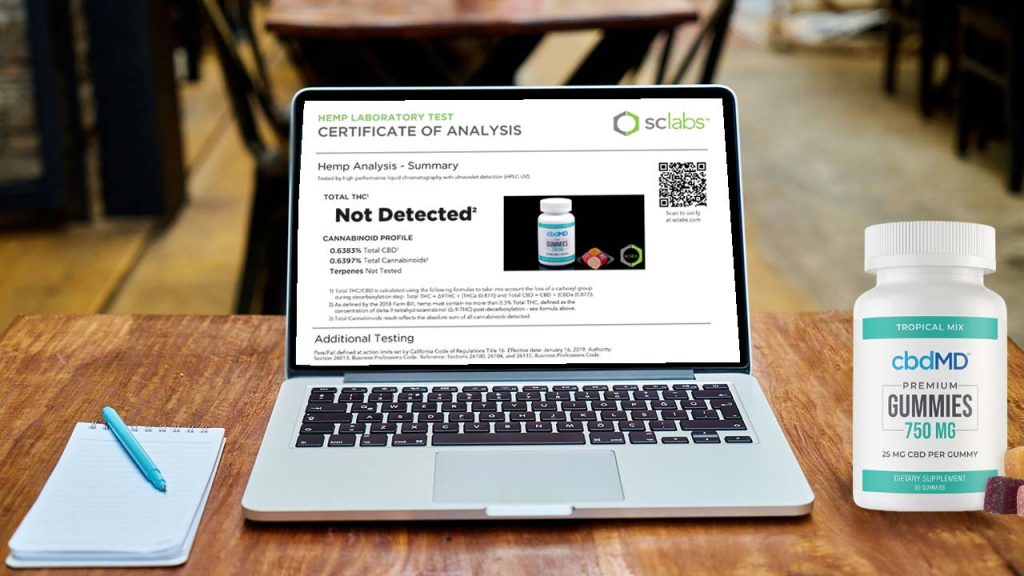
0